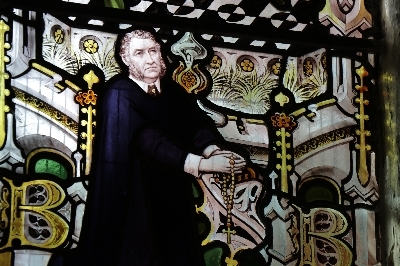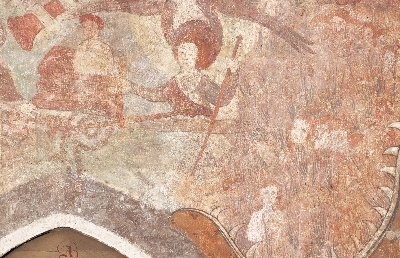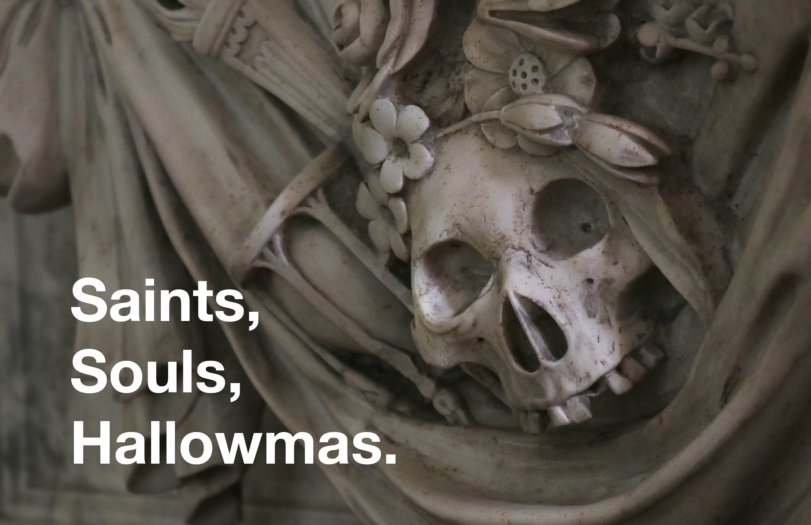What is All Saints' and All Souls' Day?
All Saints’ Day, sometimes called All Hallows or Hallowmas, is an ancient Feast Day in the Christian calendar and is celebrated on November 1st. All Saints’ Day is a chance where people can remember all the saints and martyrs who have entered into the Kingdom of Heaven.

Historically people would have attended Mass on this day to pray for the saints and to ask their prayers and this practice still continues today.
All Saints’ has been a Christian tradition since the C4th, however all martyrs (those who died for their faith or the church) were only included in this festival by Pope Boniface IV in 609ad. In the year 800ad the Anglo Saxon clergyman, Alcuin, wrote to his friend Fr Arno that
“ On the kalends of November is the solemnity of all the saints. See, venerable father Arno, you have marked the solemnity of all the saints, just as we said. Keep that ever in mind and never cease to celebrate it on that annual date; attending to it and intently considering, seeing that, if Elijah, one of those in the Old Testament, with his prayer, as long as he wished, could shut the heavens to sinners, and open them to the converted, how much more can all the saints in the New Testament? for to them specially and clearly the keys of the heavenly kingdom have been entrusted, and they can shut the heavens to the unbelievers and open them to believers, if they are honoured with inward devotion by the faithful and are worshipped with the glorification appropriate to them. ”
Letter 193 P.321 of the MGH edition. Online here.
In medieval England the feast day was known as All Hallows, and the evening before it is called Halloween or All Hallows Eve.
Following All Saints’ Day is the Feast of All Souls’ which is celebrated on November 2nd. All Saints’ remembers those who have already entered into the Kingdom of Heaven whereas on All Souls’ remembers and prays for those souls of people yet to enter Heaven who are in Purgatory.

Purgatory is a place where those who have died undergo a purging or purification process for their sins.
For Medieval people Purgatory was very much a real place. Chantry chapels, churches and cathedrals were endowed and constructed right across England and helping people escape Purgatory became big business and led to major controversies and objections in the lead-up to the Reformation.
On All Souls’ people would go to Requiem Masses and those who had died left money specifically to Masses to be said. Although praying for the dead in the Christian tradition has a rich heritage and history the practice of a specific day for prayer only really took root in 998AD when the Abbot of Cluny, Odilo, set aside a day to remember and pray for those undergoing purification in Purgatory. This practice was observed in Cluniac monasteries and spread through the Roman Catholic Church at the end of the C10th. Today, as in Medieval times, Requiem Masses are said for these souls of the dead.
42 Churches in the care of Churches Conservation Trust are dedicated to either All Saints’ or All Souls’. Find a church near you by visiting this page and searching for All Saints' or All Souls'.

